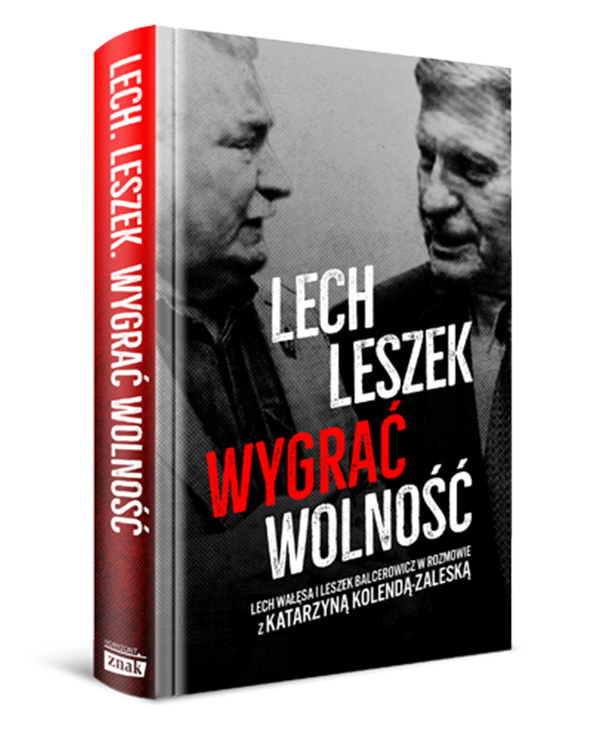FOR report
Over the last 30 years, we have managed to raise the standard of living from one of the poorest countries in Europe to the level of the South of the "Old Union".
Poles often live better today than the Greeks and Portuguese. However, Southern Europe is also a warning against how the overregulation of the economy, the deterioration of public finances and the poor quality of institutions are leading to stagnation. Today, Italians and Greeks are poorer, and the Portuguese are at a similar economic level compared to Germans as they were 30 years ago. The broad scope of economic freedom, efficient institutions, high employment rates and large companies consistently ensure a high standard of living for Northern Europe.
The purpose of the FOR report is not to provide a historical analysis or development forecast, but to present recommendations on how to make the Polish economy follow the "Northern" path of the German or Dutch economy, instead of stopping at the level of Southern Europe.
The publication of the Report will take place during a exceptional conference on the occasion of the 30th anniversary of the Balcerowicz Plan.
Special edition of the Leszek Balcerowicz School
This year, due to the 30th anniversary of the adoption of the so-called Balcerowicz Plan, FOR has planned a special edition of the Leszek Balcerowicz School, devoted to the 30 years that have passed since the Polish economic transformation.
This project brings together every year a group of ambitious young people who take part in unique lectures and workshops conducted by experts in the field of economics, business and communication.
This year's edition of the school will take place on 14-18 December 2019 in Warsaw.


